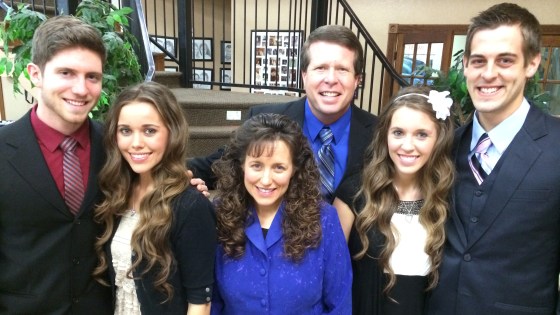I often receive questions from parents about how to communicate less than perfect personal and family histories to teens. As we’ve been talking about sharing family narratives with children, many parents out there are probably thinking of a few stories they’d rather not tell. There may even be whole sides of the family that you don’t want to encourage your teen to spend time with due to the potential for bad influences. This week, we’ll examine ways to talk about the family ups and downs.
The same research that looked at the importance of teens knowing a lot about their families also looked at the types of stories told. There were the positive family narratives, of how the family just keeps getting better. The negative stories of how a family lost everything. And then, there are the oscillating narratives, which are the healthiest, according to the researchers:
“‘Dear, let me tell you, we’ve had ups and downs in our family. We built a family business. Your grandfather was a pillar of the community. Your mother was on the board of the hospital. But we also had setbacks. You had an uncle who was once arrested. We had a house burn down. Your father lost a job. But no matter what happened, we always stuck together as a family.’ ”
When a teen sees himself as part of something bigger, he can take on the experiences of previous generations as his own. When that bigger picture includes good times and bad, a teen can develop a sense of being able to overcome – to ride the ups and downs in her own life just like the generations have been riding the ups and downs of the family. That healthy sense of being able to navigate both successes and failures without being defined by either one can build confidence and resilience.
The upshot is, less than perfect families still benefit from sharing their stories and building a family identity. Yes, it is important to look for positive stories – or at least a positive spin on some of the stories that are harder to tell. But it isn’t actually helpful to pretend like the hard times didn’t exist. Sharing the lessons learned from a job loss, a divorce, or a family member’s drug addiction can be invaluable for a teen.
That being said, sharing the negative stories can require some finesse. Here is a helpful blog with 5 suggestions for successfully sharing past mistakes with kids. In cases of family members who provide a bad influence, it may help to find ways to incorporate those family members’ stories into the bigger narrative without necessarily encouraging your child to spend time with them or see them as a role model.
Furthermore, it is occasionally necessary for a parent to experience emotional healing or closure before he or she is able to share pieces of family history in a healthy way. This relates closely with #1 from the above link. If a parent has never processed the pain of a past mistake or past wrong with an adult, it is unlikely that they are ready to discuss it with their children. In the case of larger issues (abuse, divorce, a past abortion) it may even be necessary to seek professional counseling or a support group before sharing with your children.

